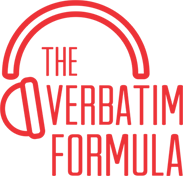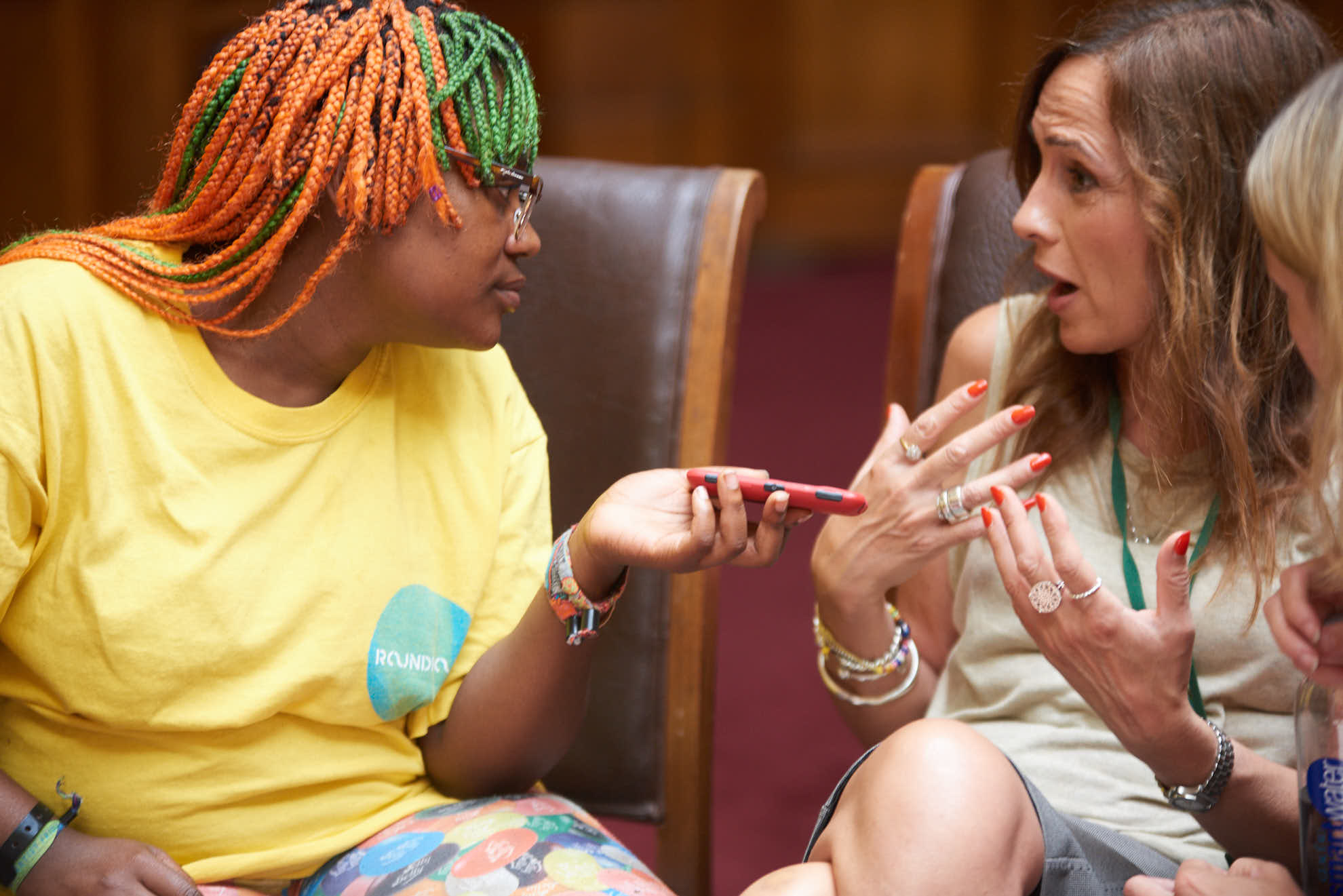*By Sadhvi Dar
Senior Lecturer in Corporate Social Responsibility/
The Verbatim Formula is an interdisciplinary project that brings together academics, university staff, social justice organisations, and local authorities and puts them in dialogue with young people who have an experience of the care system.
The name of the project comes from its application of verbatim theatre techniques. Verbatim theatre is a specific kind of performance in which real testimonials or interviews with people are performed to an audience. TVF adapts this technique to perform interviews and testimonials of young people in care to people working in universities, government departments, and local authorities.
TVF performances have been noted by audience members as being “emotive” and a method that “brought the human back into the office”. These perceptions are vitally important to spark change in universities because so often the marginalised are also objectified and their lived experiences ignored in the way universities are managed.
Russell Group universities have been challenged for being too elite, too white, and often led by men who make decisions about what is taught, how it is taught, and how degree programmes are managed and marketed. This means that Russell Groups offer an exclusive experience and reflect a specific set of ideas and values that are held by privileged groups.
Because of this, some communities of young people are put off from even applying to these institutions, seeing the top universities in the UK as unwelcoming spaces and ill-equipped to support students with different needs. Universities, on the other hand, are hard-pressed to recognise how they are failing these communities and instead focus on funding better marketing and better outreach to recruit students from poorer communities or communities of colour.
The possibilities to transform elite universities so that they include historically marginalised students, their experiences, and knowledge is a tremendous challenge given that there are so few opportunities for open conversations and listening among university stakeholders. TVF helps to make those spaces for listening and asks its audience to change their practices towards a more inclusive educational agenda.



